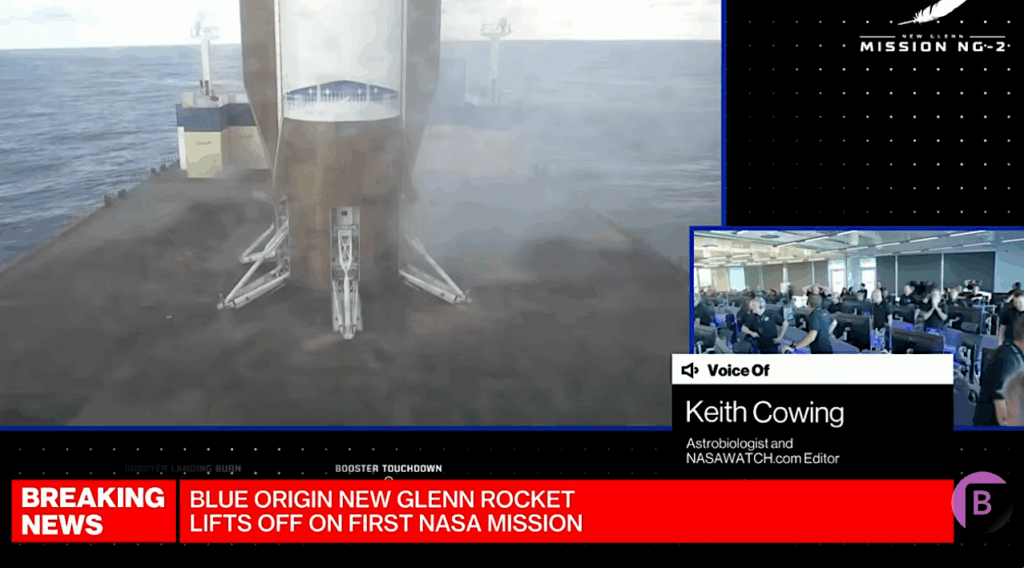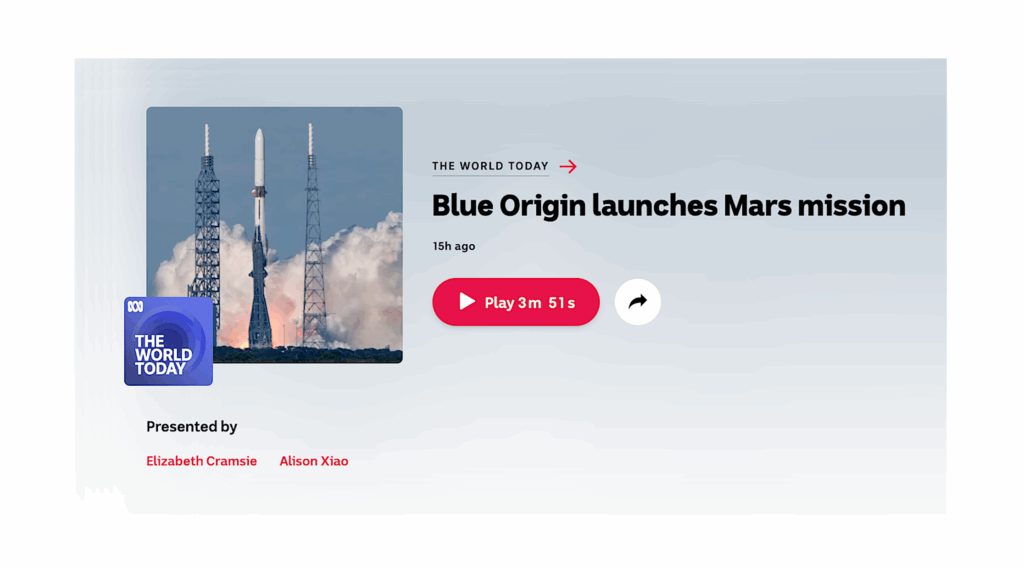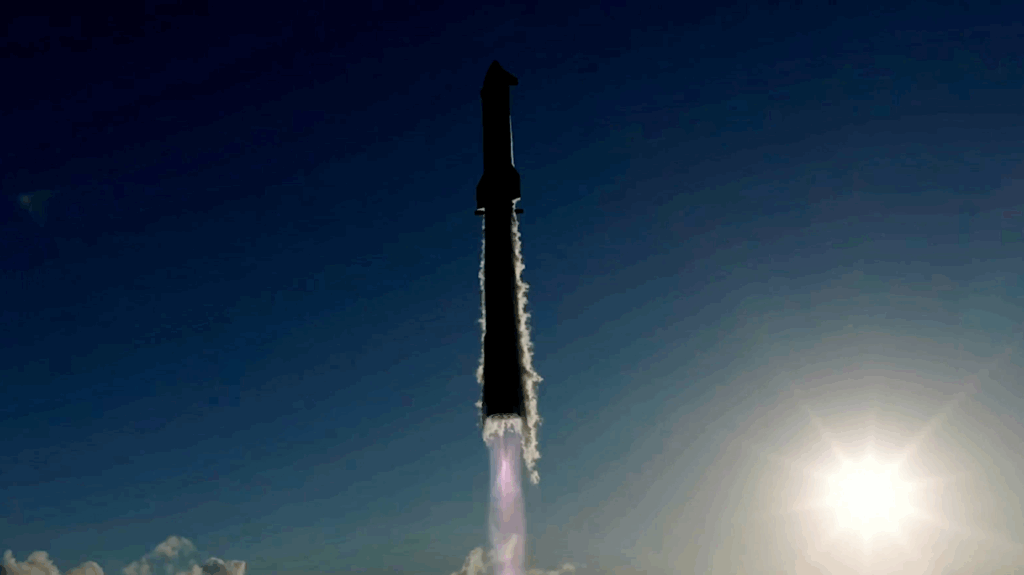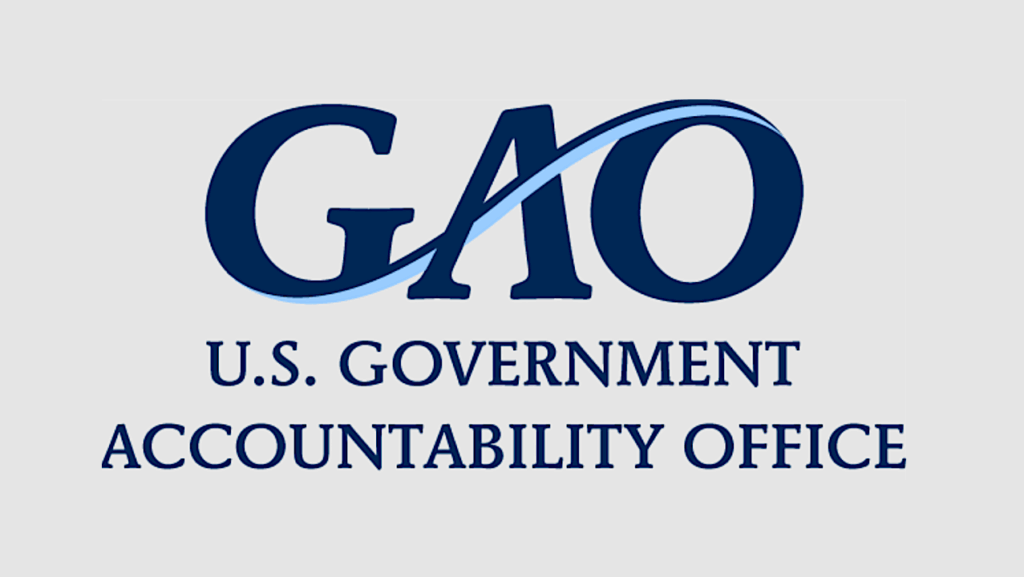Bigelow and CASIS Are Working Together on ISS. NASA Really Doesn't Care.

Bigelow Space Operations Announces Partnership with CASIS to Fly Payloads to the International Space Station
Bigelow Aerospace Announces the Creation of Bigelow Space Operations
 Keith’s note: I submitted a series of questions to NASA PAO and NASA HEOMD this morning (the same questions I sent to Bigelow after the press event) in advance of this story’s posting at 5:00 pm ET. Bigelow responded. NASA decided not to say anything other than what one of their PAO officers sent me by email at 5:12 pm “most of the questions seem better suited to Bigelow and/or CASIS, and I would recommend following up with them. Below is our statement. If I hear anything additional, I’ll be sure to pass it along: “NASA supports entrepreneurial efforts as the marketplace in low-Earth orbit matures and we work to expand private interest in the lunar vicinity. NASA is proud of the role it plays in enabling companies to explore space.”
Keith’s note: I submitted a series of questions to NASA PAO and NASA HEOMD this morning (the same questions I sent to Bigelow after the press event) in advance of this story’s posting at 5:00 pm ET. Bigelow responded. NASA decided not to say anything other than what one of their PAO officers sent me by email at 5:12 pm “most of the questions seem better suited to Bigelow and/or CASIS, and I would recommend following up with them. Below is our statement. If I hear anything additional, I’ll be sure to pass it along: “NASA supports entrepreneurial efforts as the marketplace in low-Earth orbit matures and we work to expand private interest in the lunar vicinity. NASA is proud of the role it plays in enabling companies to explore space.”
In other words “we’re not really involved in any of this – so go ask someone else.”
Full Story below
Bob Bigelow Has His Eyes Set Upon Commercial Space Stations
Robert Bigelow made two interesting announcements today. One announcement was the introduction of Bigelow Space Operations (BSO) a space company that was actually formed a year ago that is going to be a “sales, operational and customer service company that manages and operates space stations developed by Bigelow Aerospace” according to a press release.
The other announcement was that Bigelow Space Operations and Center for the Advancement of Science in Space (CASIS) have formed a partnership. According to a press release Bigelow Space Operations “intends to contract with other payload integrating companies where we not only can help those companies to develop their dynamic futures for themselves and their successful clients extending beyond ISS operations, but to also offer ourselves as a customer and understand how to help CASIS.”
– Bigelow Space Operations Announces Partnership with CASIS to Fly Payloads to the International Space Station
– Bigelow Aerospace Announces the Creation of Bigelow Space Operations
In a briefing with news media today Bigelow said that he had concerns with the apparent intent of the White House to simply halt funding of the International Space Station after 2025. Bigelow says that he has not seen any plans as to how this is supposed to happen. Bigelow said that he thinks the best way to move the ISS toward more commercial operations is to do so in parallel with current NASA-funded operations and not in a “zero sum” fashion where the government funding simply stops.
But Bigelow is not just looking at ISS opportunities. He has plans to launch several B330 habitats in 2021. These modules contain several times the habitable volume of the current ISS and can be flown as independent space stations or linked together to function as a single vehicle. Right now the B330 operations and Bigelow’s BEAM operations on NASA are not directly related. The focus of BSO’s interactions with CASIS will be on use of the ISS.
Bigelow is concerned with the way that the transition between the current ISS paradigm where each partner country barters with others to get payloads into space to one where payload sponsors pay real money to launch an operate things. He said that his company is going to be pouring a lot of money into learning how this transition can best happen.
While Bigelow intends to work with CASIS on new opportunities he was rather blunt in saying that he thinks that the real growth in space utilization is not with laboratory based science research – which CASIS is designed to focus on. Rather, he is looking to focus on commercial activities that are beyond the scope of CASIS.
When asked what he’d like to consider doing with the BEAM module currently attached to the ISS Bigelow said “as badly as we’d like to open up a Budweiser still on orbit I think that will have to be deferred to a private sector operated station.”
Looking forward Bigelow said that he sees two competitors to what his company wants to do in space. And he is not talking about Blue Origin or SpaceX. Rather he sees China as one competitor given that they are actively courting current ISS partners to work on space station that China is developing.
The other competitor Bigelow sees is NASA itself. He couched that competition in terms of politics and how that can affect long term business decisions that companies need to make.
The wording of these two press releases is a little odd though. The word “NASA” is not mentioned in either even though the to focus of the news being announced is a space station NASA has paid the lion;s share to build and operate. And CASIS is a NASA contractor. So the partnership between Bigelow’s company and CASIS is a de facto partnership with NASA since NASA pays 99.99% of CASIS’ expenses. Of course, CASIS goes out of its way to not say “NASA” whenever it can so this avoidance of mentioning NASA is not surprising, I suppose.
I asked Bigelow if NASA was involved in this agreement but he did not offer a direct response. But when I queried his company further they said that NASA is aware of the BSO/CASIS agreement and supports it.
I submitted a series of questions to NASA Public Affairs and NASA’s Human Exploration and Operations Mission Directorate this morning (the same questions I sent to Bigelow after the press event) in advance of this story’s posting at 5:00 pm ET. Bigelow responded.
NASA decided not to say anything other than what one of their PAO officers sent me by email at 5:12 pm “most of the questions seem better suited to Bigelow and/or CASIS, and I would recommend following up with them. Below is our statement. If I hear anything additional, I’ll be sure to pass it along: “NASA supports entrepreneurial efforts as the marketplace in low-Earth orbit matures and we work to expand private interest in the lunar vicinity. NASA is proud of the role it plays in enabling companies to explore space.” In other words “we’re not really involved in any of this go ask someone else.”
I originally asked NASA:
1. Has NASA spoken with Bigelow Aerospace or Bigelow Space Operations (BSO) about the partnership agreement between BSO and CASIS? Did NASA formally sign off on this agreement?
2. Has NASA made any arrangements to use facilities to be provided under this partnership agreement between BSO and CASIS?
3. Will CASIS and Bigelow Space Operations be working to place payloads on a space station other than the ISS i.e. a free flying BA 330?
4. Has NASA discussed the possible docking of BSO B330 modules with the ISS in advance of BSO and CASIS signing this partnership agreement?
5. Given the sheer size of BA 330 modules, and the experience with BEAM, will NASA be required to sign off on any configuration and operational changes to the ISS to accommodate BA 330 module additions to the ISS or will CASIS assume this responsibility?
I have since forwarded my initial inquiry to CASIS. They tend to be rather non-responsive so I do not expect much from them.









These day it seem more and more that people don’t know/understand that their actions or words create more consternation and confusion, or maybe they just don’t care.
So basically someone is taking NASA up on its offer to commercialize the ISS and NASA, never expecting a response, is dumbfounded 🙂
But what is more interesting are the plans to launch multiple B330s. Guess Elon Musk will need a lot more launch pads for crewed flights.
A bit reflective of an organization or entity which sees the beginning of the end, and gives up.
It is unfortunate to watch an organization die, which went from failure to overwhelming success in the 60’s.
The DNA is still there – the overwhelming desire for success NASA’s current cadre wants to achieve – just like seen with SpaceX teams for all launches and LANDINGS – is tied to a government which cannot balance its books.
NASA, in its present form, is on life support.
Yes, metal is being cut. Astronauts are being trained. Occasional government missions are being funded and planned.
Government-sponsored space exploration is receding into the history books.
Government supported space exploration will never go away.
It will regenerate periodically if a situation requires it, or a politician can benefit from a temporary bloom.
It is time for NASA to evolve, or die, or the vicious pivot point programs and projects will never end, taxpayer money will continuously wasted, and nothing of value will be created.
I’ve been appalled for many years by the non-leadership of NASA in human space flight and particularly in ISS. For decades NASA spent 100s of millions coddling prospective users in the hope they could see some small percentage achieve success in developing new products or applications. But for many years they have shown that they flagrantly no longer care. Their goal has simply become funneling dollars to their own buddies whether in their ‘home’ operations organization or in their contractor ranks. Personally, I have given up on NASA. Their stewardship of our hard-won support is and has been nonexistent. If NASA human space flight dies, you can look no further than the handful of lame administrators in charge since Columbia.
“If NASA human space flight dies”
Being genuinely curious I want to ask: what are the HSF missions that you see? Let’s assume that hardware is extant, even landers of one sort or another.
What is the mission?
I would probably ask it slightly differently. “What were NASAs goals or what was its mission when Shuttle was first flying and when Station was approved?” I believe that these were established by the same group that established and made Apollo a success.
Their goal was to establish an affordable transportation infrastructure, including the supporting orbital infrastructure and in so doing prove the value of orbital and cislunar operations. If it could not be made routine and affordable, it would not matter since it would not be supported. NASAs job was to establish the infrastructure and to show its potential. That was the mission they started with.
I think that what they demonstrated was that NASA could not operate affordably; they could not operate Shuttle affordably, and they made little effort to improve after their operations started. When they found systems that were at best marginal, like tiles, they made no effort to develop something better. They showed they could not operate ISS affordably. And they made no effort to improve upon that. And then someone at the time, decided NASA should have no role in utilization.
With Constellation they discarded all of those goals and decided that ‘NASAs human spaceflight role is “exploration operations”-if they are not going to new places then why bother to go at all?’
I have a hard time believing that if NASA could not develop and operate a ‘fleet’, flying similar missions several times a year, and do so affordably, improving upon performance, and showing the potential, that the same poor beauracracy is now going to somehow figure out how to do better by flying a single one-off vehicle once every year or two. So I now wonder if they do have any kind of a goal?